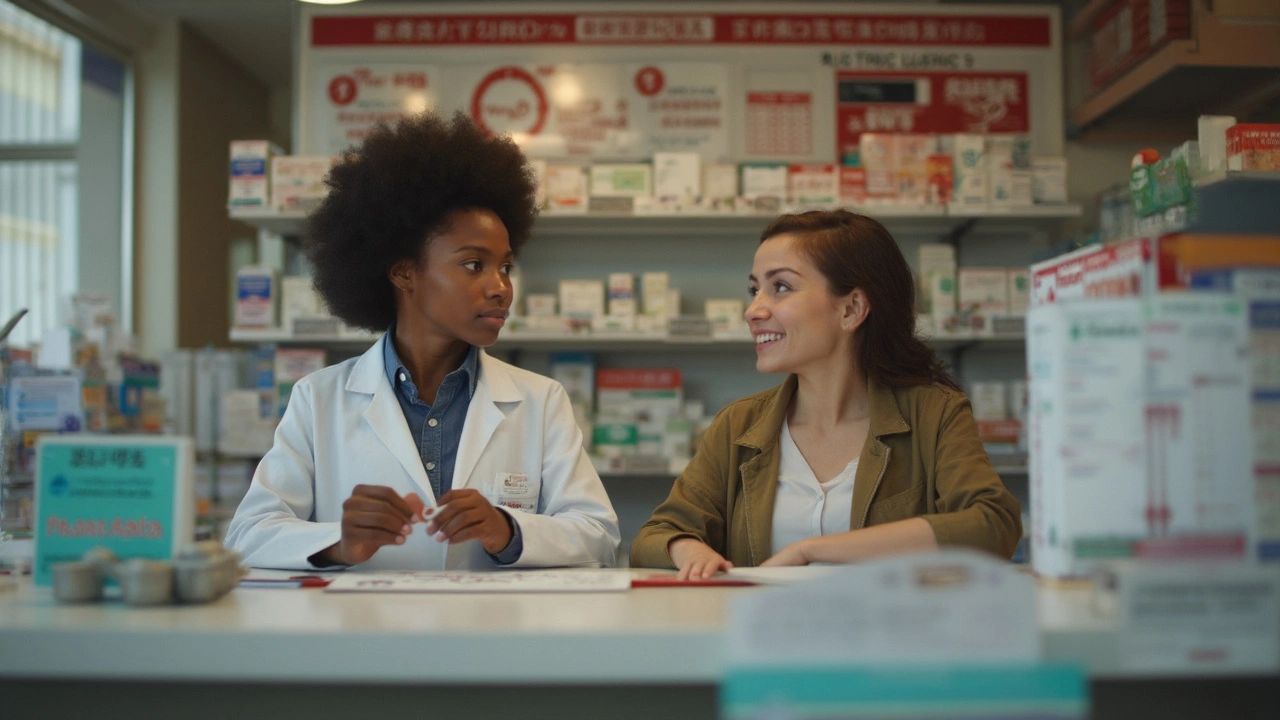Herpes Medication Options: What Works Best for You
If you’ve ever dealt with a cold sore or genital outbreak, you know the frustration of waiting for it to clear up. The good news? Modern antivirals can cut symptoms down to a fraction of the time and keep future flare‑ups at bay. Below is a quick guide to the most common prescription drugs, how to use them, and what to watch out for.
Prescription Antivirals – The Heavy Hitters
Acyclovir (Zovirax) was the first oral antiviral approved for herpes. It’s cheap and works well for short‑term outbreaks. Typical dosing is 400 mg three times a day for five days. Side effects are usually mild—headache or nausea—but they’re rare at this dose.
Valacyclovir (Valtrex) is essentially a pro‑drug of acyclovir, meaning your body converts it into the active form faster. Because of that you only need 1 g twice daily for an outbreak or 500 mg once daily for suppressive therapy. People often pick valacyclovir for its simpler schedule and slightly higher effectiveness.
Famciclovir (Famvir) works similarly to the other two but is taken as 250 mg three times a day. Some users say it feels easier on the stomach, though evidence is mixed. All three drugs are equally good at speeding up healing; your choice usually comes down to price, insurance coverage, and how often you need to take them.
When to Consider Daily Suppression
If outbreaks happen more than six times a year or cause severe discomfort, doctors may suggest daily suppressive therapy. This means taking a low dose every day—usually 500 mg valacyclovir or 400 mg acyclovir—to keep the virus in check. Studies show it reduces the frequency of outbreaks by about 70% and also lowers the chance of passing the virus to a partner.
Suppression isn’t just for frequent flare‑ups. Some people use it during pregnancy to protect newborns, or when they’re on immunosuppressive meds that make infections worse. Talk to your pharmacist about any drug interactions; antivirals can bump up levels of certain heart medications, so monitoring is key.
Topical options like penciclovir cream (Denavir) are handy for early‑stage cold sores, but they’re less effective than oral pills once the virus has spread below the skin. If you catch a sore within the first 24 hours, apply the cream five times a day and still start an oral antiviral for best results.
Over‑the‑counter products that claim to “cure” herpes are mostly hype. They might soothe pain but won’t stop viral replication. Stick with FDA‑approved meds for real relief.
Bottom line: the three main antivirals—acyclovir, valacyclovir, and famciclovir—cover most needs, whether you need a quick fix or ongoing suppression. Pick the one that fits your schedule, insurance, and side‑effect tolerance, and always finish the full course even if lesions look better early on. Have more questions? Your local pharmacy can help you compare prices and set up a refill reminder so you never miss a dose.


